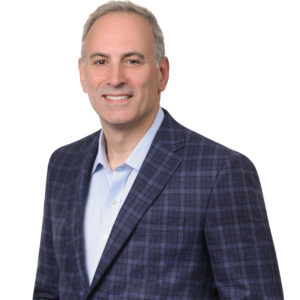On June 25, 2021, the IRS released another favorable private letter ruling under section 1202, one of the most powerful gain exclusion provisions in the Internal Revenue Code. The last favorable ruling was issued a few months ago, and discussed here.
The last ruling addresses what it means to be engaged in an excluded brokerage business (and generally limits the exclusion to pure intermediary-type businesses), and the current ruling addresses what it means to be engaged in an excluded health business. The IRS addressed the meaning of the health business exclusion on two prior occasions:
- PLR 201436001 (Sept. 5, 2014) (pharma company that commercialized experimental drugs is engaged in a QTB and not in “health” business); and
- PLR 201717010 (April 28, 2017) (developer of tool to provide complete and timely information to healthcare providers is engaged in a QTB and not in “health” business).
In general, section 1202 provides for the full or partial exclusion of capital gain realized on the sale of qualified small business stock (QSBS). If the requirements are met, then taxpayers can exclude from gross income capital gain in an amount equal to the greater of (i) $10 million, or (ii) an annual exclusion of 10 times their basis in the stock sold (for an exclusion amount up to $500 million). Both of these limitations apply on a per-issuer and per-taxpayer basis, and while the rules limit the exclusion to the greater of the two rules, in practice, the $10 million rule is most often the limiting factor in start-up ventures.
In the most recent ruling, PLR 202125004, the taxpayer was in the business of manufacturing healthcare products that were prescribed by third-party healthcare providers. The taxpayer employed specialists to work on the prescriptions to evaluate, measure, design, fabricate, manufacture, adjust, fit, and service the products it manufactures (think prosthetic limb manufacturer, though the exact type of business was not identified). The taxpayer earned its revenue from the sale of these products, which generally consisted of reimbursements from insurance companies, hospital systems, and patients. Its business operations included a corporate office, a fabrication facility, and lab locations.
The IRS ruled that the taxpayer is not engaged in an excluded health business because the taxpayer “provides value to its customers primarily in the form of tangible product[s].” The healthcare providers that prescribe the products were not employed by the taxpayer, and even though the taxpayer directly interacts with patients, “the interaction is incidental in ensuring these individuals receive a [product] as provided by their prescription.” The IRS analogized the taxpayer’s business to a custom manufacturer rather than one that offers services based on individual expertise.
The IRS also ruled, without explanation, that the taxpayer’s business activity did not fall within the exclusion relating to businesses where the principal asset of the trade or business is the reputation or skill of one or more of its employees.
While a private letter ruling can only be relied upon by the taxpayer to whom it was issued, it provides evidence of the IRS’s administrative practice and is helpful to taxpayers in assessing their own situations.
If you have questions relating to this ruling, please reach out to your Withum advisor.
If you have questions regarding your business, please reach out to your Withum advisor.







